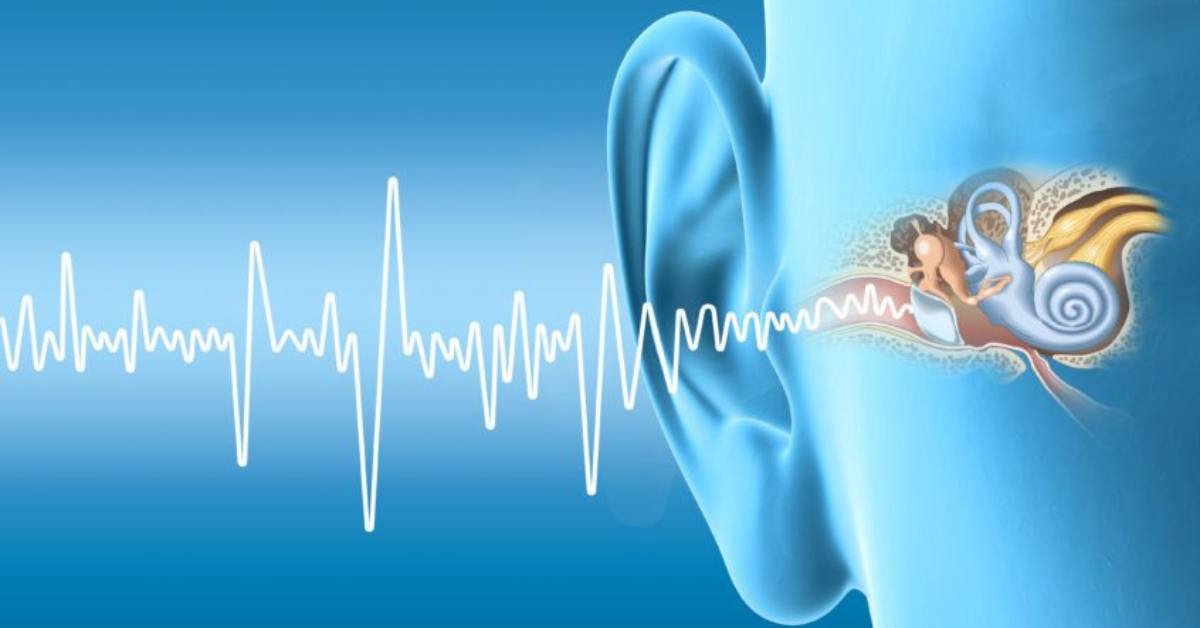Tinnitus, a prevalent auditory symptom, is characterized by the perception of sounds such as ringing, buzzing, hissing, whistling, or clicking in the ears. It may manifest as a transient occurrence or persist as a chronic condition. Tinnitus affects approximately one in five individuals, with nearly 50 million Americans reportedly experiencing this auditory phenomenon. It is crucial to recognize that tinnitus is not a standalone medical condition but rather a symptom arising from underlying causes. While the etiology of tinnitus can be diverse, prolonged exposure to excessive noise is the most common contributor.
The development of tinnitus is associated with several key factors:
1. **Hearing Loss:** Tinnitus frequently co-occurs with varying degrees of hearing impairment. However, it is noteworthy that a substantial portion of tinnitus sufferers exhibit normal hearing.
2. **Exposure to Loud Noise:** Noise-induced hearing loss is a prevalent consequence of excessive noise exposure, with a single intense event or recurrent exposure over an extended duration posing significant risks to auditory health.
3. **Ear or Head Trauma:** A considerable proportion of individuals with chronic tinnitus report a history of head or neck injuries, indicating a potential correlation between trauma and the onset of tinnitus.
4. **Ear Infections:** Ear infections can lead to hearing impediments, which in turn can give rise to tinnitus as a perceptual consequence.
5. **Ear Diseases:** Various pathological conditions affecting the ear can result in both hearing loss and an increased susceptibility to tinnitus.
6. **Medication Side Effects:** Certain prescription and over-the-counter medications have been identified as potential culprits for tinnitus development.
7. **Emotional Stress:** The management of tinnitus may be intricately linked to an individual’s stress levels, with higher stress levels often exacerbating the perception of tinnitus symptoms.
Regrettably, there is currently no universally accepted, scientifically-validated cure for most forms of tinnitus. Nevertheless, there exist therapeutic interventions aimed at alleviating the perceived burden of tinnitus, thereby enhancing the quality of life for affected individuals.
In conclusion, tinnitus, characterized by the auditory perception of various sounds in the absence of external stimuli, is a prevalent symptom with multifaceted origins. Its management necessitates a comprehensive understanding of the underlying factors contributing to its onset. While a definitive cure remains elusive, various treatment modalities are available to mitigate the impact of tinnitus on individuals, ultimately promoting improved comfort and productivity in their daily lives.

